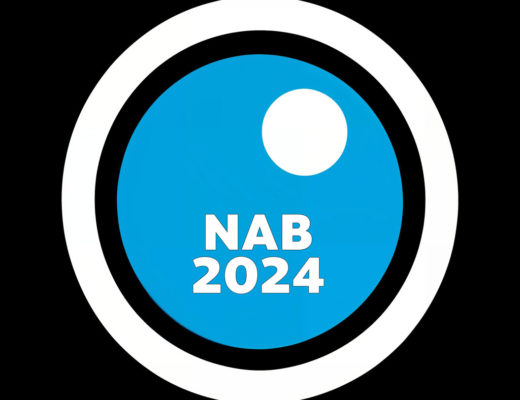The World’s First Mainstream Semantic Web
By Peter
Posted on July 19th, 2008
The vast majority of semantic technologists are directing their efforts to search. It’s an important use of their talents; search is a hard problem worth solving. But it seems to me that we need to take a broader view. Semantics is the stuff of thought, of meaning, of our most personal and deeply held beliefs. A fully realized semantic web will be much more than “better search”. But the future is hard to imagine. We need concrete examples of semantic applications to demonstrate the potential and fuel our imaginations.
So as a glimpse into this future, consider the world’s first mainstream semantic web: Wikipedia. Wikipedia is most often celebrated as the poster child of Web 2.0. As a social application, this is most certainly true. But its output, its content, may be more illustrative of Web 3.0 semantics. Its articles are abstractions: they summarize a huge body of content down to only the essential aspects of each subject. By maintaining organizational standards and templates, it has become machine-readable (derivatives such as DBpedia and many other research projects make it explicitly so). And the subject matter of Wikipedia is clearly the stuff of thought. Semantic representation and encyclopaedic content have a deep and obvious kinship.
Continues @ Primal Fusion Blog

Filmtools
Filmmakers go-to destination for pre-production, production & post production equipment!
Shop Now













